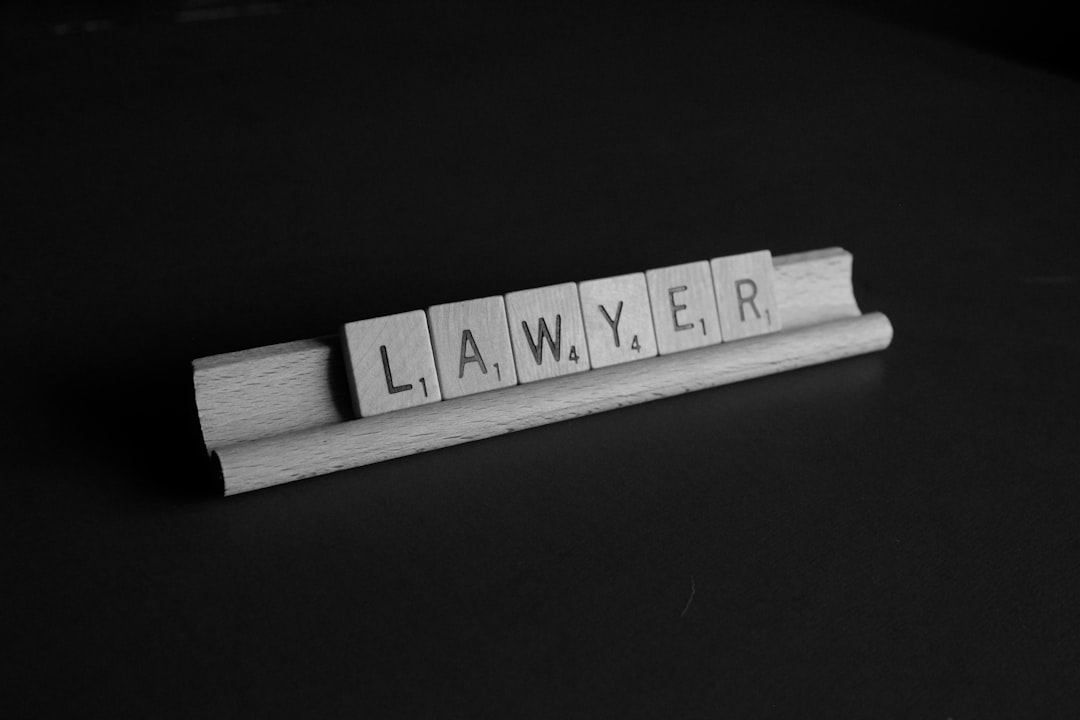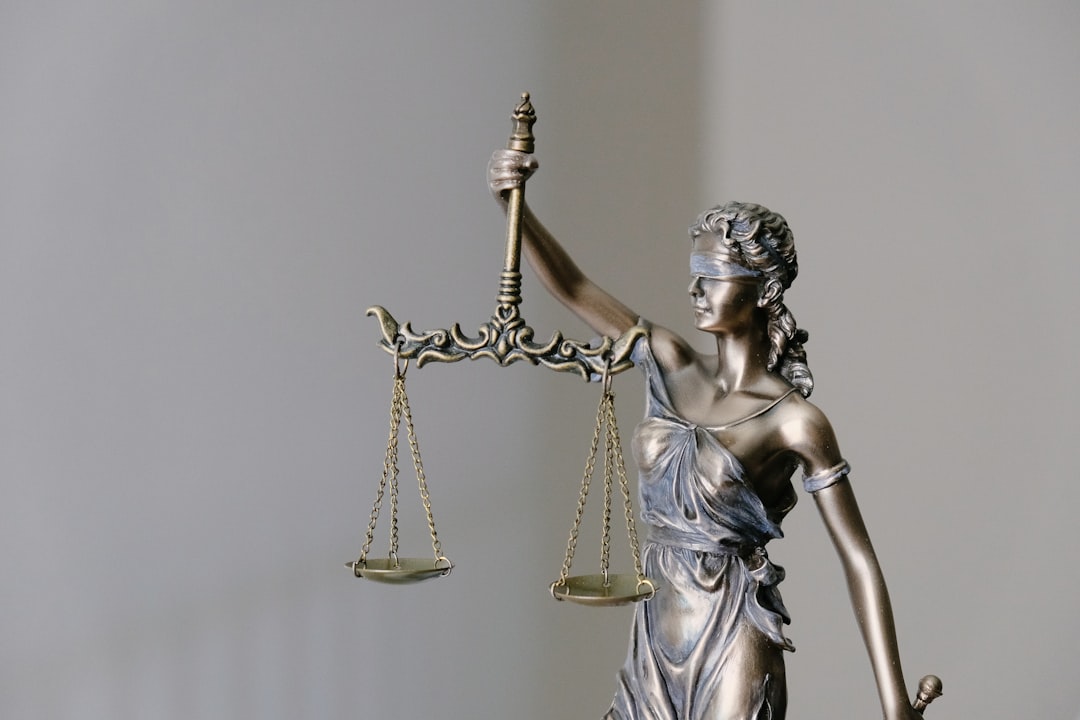In New York, navigating a rape case can be complex. Understanding the state’s evolving rape laws is crucial for victims seeking justice. This comprehensive guide explores key aspects of sexual assault cases in NY. We delve into the essential role an experienced rape lawyer plays in advocating for survivors, building robust defenses, and protecting legal rights. Additionally, we provide resources to support those affected by this traumatic experience. For those searching for a rape lawyer in New York, this article offers valuable insights tailored to help you find the right representation.
Understanding Rape Laws in New York: What You Need to Know

In New York, rape is defined as sexual penetration without consent. The law recognizes that consent must be freely and voluntarily given, and it’s crucial to understand that absence of a “yes” implies a “no.” A rape lawyer in New York NY will tell you that prosecution must prove beyond a reasonable doubt that the accused engaged in sexual intercourse with the victim without their consent. This includes cases where the victim is unable to give consent due to intoxication, drugs, or mental incapacity.
New York’s rape laws also address various forms of sexual assault, including forcible touching and aggravated sexual abuse. The penalties for these crimes are severe, reflecting the state’s commitment to protecting its residents from sexual violence. A rape lawyer in New York NY can guide you through this complex legal landscape, ensuring your rights are protected and helping you navigate the criminal justice system.
The Role of an Experienced Rape Lawyer in Your Case

When facing a rape accusation, having an experienced rape lawyer in New York is invaluable. They play a pivotal role in navigating the complex legal landscape surrounding sexual assault cases. With extensive knowledge of state laws and procedures, these attorneys can guide clients through every step, ensuring their rights are protected.
An accomplished rape lawyer will thoroughly evaluate your case, gathering evidence and interviewing witnesses to build a robust defense strategy. They fight tirelessly to challenge any illegal search or seizure, ensure proper procedure adherence, and question the credibility of accusers and any potential witnesses. Their expertise can significantly impact the outcome, aiming for the best possible result, whether that’s a dismissal, reduced charges, or a fair trial.
Building a Strong Defense: Strategies and Legal Rights

When facing a rape accusation in New York, building a strong defense is paramount to ensuring your legal rights are protected. A skilled rape lawyer in New York City will employ various strategies tailored to each case. These include challenging the admissibility of evidence, questioning witness credibility, and exploring potential procedural errors during the investigation or arrest.
Legal professionals in this field know how to navigate the complexities of New York’s rape laws, which vary in their interpretations and requirements. They advocate for their clients by thoroughly examining all aspects of the case, from the initial police report to any available forensic evidence. Their goal is to present a compelling defense that casts doubt on the prosecution’s case, ultimately aiming to achieve the best possible outcome for their client.
Support and Resources for Survivors: Navigating the Legal Process

Surviving sexual assault is an incredibly challenging and emotional experience, and navigating the legal process can feel daunting. Fortunately, support and resources are available for survivors in New York City who have been affected by rape. A dedicated rape lawyer in NY plays a crucial role in guiding survivors through this difficult journey. They offer not only legal expertise but also compassion and understanding, ensuring that their clients’ needs are met both inside and outside the courtroom.
Many organizations and hotlines exist to assist survivors, providing confidential support, counseling, and information about their rights. These resources can help individuals understand the legal process, connect them with medical care, and offer a sense of community and empowerment as they take steps towards justice. With the right support, survivors can feel more confident in their ability to seek closure and hold perpetrators accountable through the legal system, ultimately fostering a safer environment for all.





